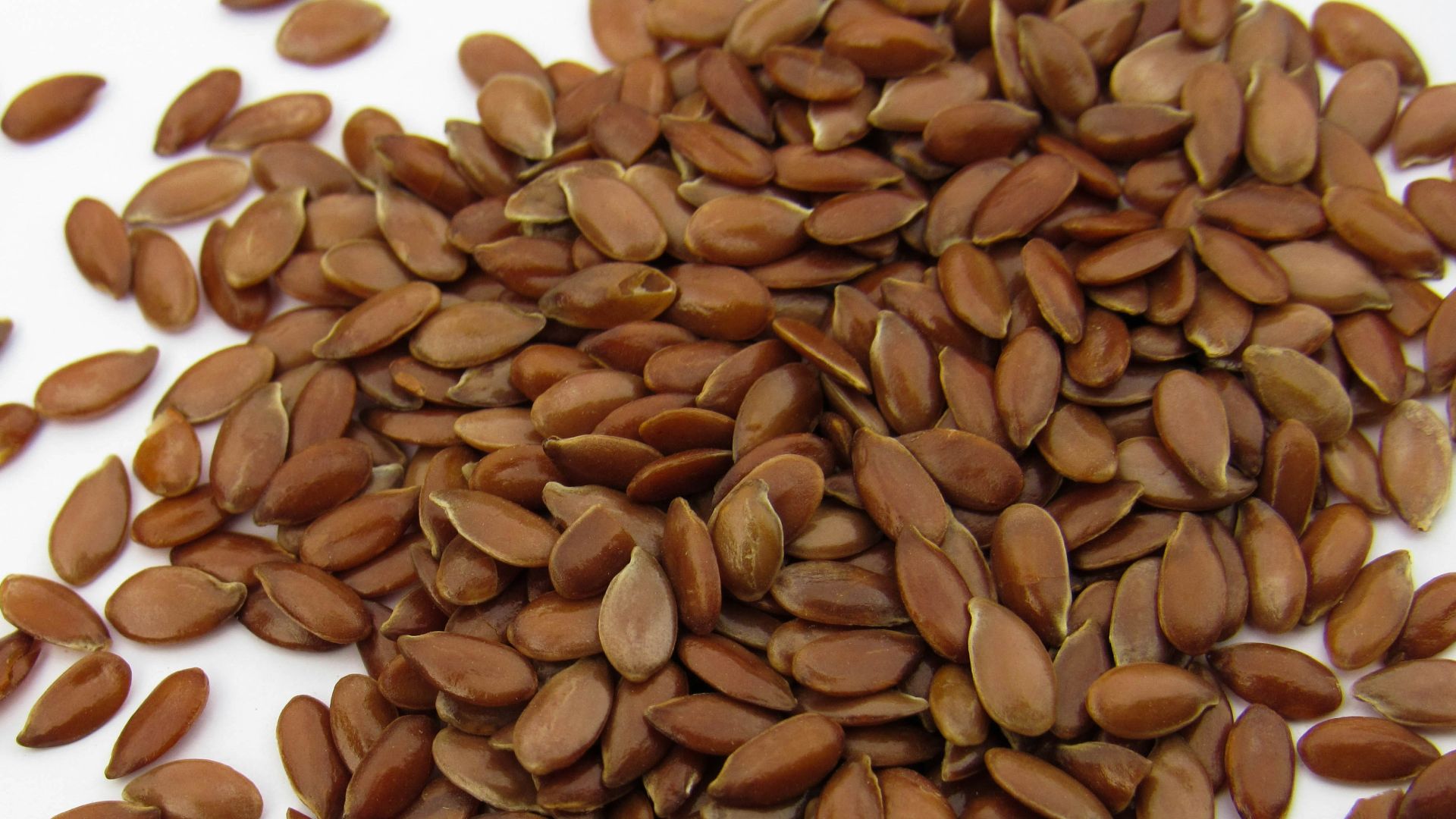Omega-3 fatty acids are polyunsaturated “good” fats that help your body function at its best. Omega-3 fatty acids are not the type of nutrient your body can make on its own. You must get them from the food you eat or dietary supplements you take to reach the daily recommended amount.
To get even more specific, fatty acids are chemical chains of carbon, hydrogen, and oxygen. There are different types of fatty acids based on how they are formed, and saturated fats are known as the “bad” fats. They have no open slots for hydrogen and raise your risk for heart disease and stroke. Unsaturated fats have one or more open slots in the chemical chain and are the “good” fats. Omega-3s are a type of polyunsaturated fatty acid. This means they have more than one open slot in their chemical chain.
The Better Fish
When most people thinking of these rich acids and fats, their minds tend to wander to salmon. After all, salmon is a versatile fish that can be prepared and consumed in a plethora of ways. From smoked salmon to sushi to the regular baked kind, there are lots of options. However, salmon isn’t the only omega-3-rich fish worth eating. Mackerel is a small, oily fish that has a lot of flavor and nutrients. One 3.5-ounce (100-gram) portion of mackerel contains 4,580 mg of combined EPA and DHA. It also provides 500% of the daily value for vitamin B12 and 133% of the daily value for selenium. Most often, it’s smoked or grilled with very little preparation. Sardines, herring, and anchovies are also rich in omega-3s; eating a variety of fatty fish can help you achieve similar benefits to salmon and keep your diet varied. So if you're bored of salmon, give other fish a try!
Not Feeling Fishy?
If you're looking for a plant-based option, consider flaxseed. The small seeds come in brown and yellow and are an excellent source of ALA, or alpha-linolenic acid, an omega-3 fatty acid. One tablespoon (10.3 g) of whole flaxseed has about 2,350 mg of ALA, while one tablespoon (13.6 g) of flaxseed oil has as much as 7,260 mg.
Flaxseed is also a good source of fiber and magnesium, plus it contains many other important nutrients, making it a highly nutritious addition to smoothies, oatmeal, or baked goods. For optimal absorption, it may be better to take ground flaxseed or flaxseed oil, since the outer coating of whole flaxseed can be difficult for the body to digest. Thanks to its high omega-3 content and easy versatility, flaxseed is a popular plant-based option for boosting intake of these essential fatty acids.
Overall, omega-3s are crucial for a healthy body and brain. You don't have to eat just salmon to get them. Nutrient-packed fatty fish like mackerel and versatile plant-based sources like flaxseed offer options for adding these important fats to your diet. Diversify your omega-3 sources to get the full range of benefits from these healthy fats, whether you like fish, seeds, or both.
KEEP ON READING










